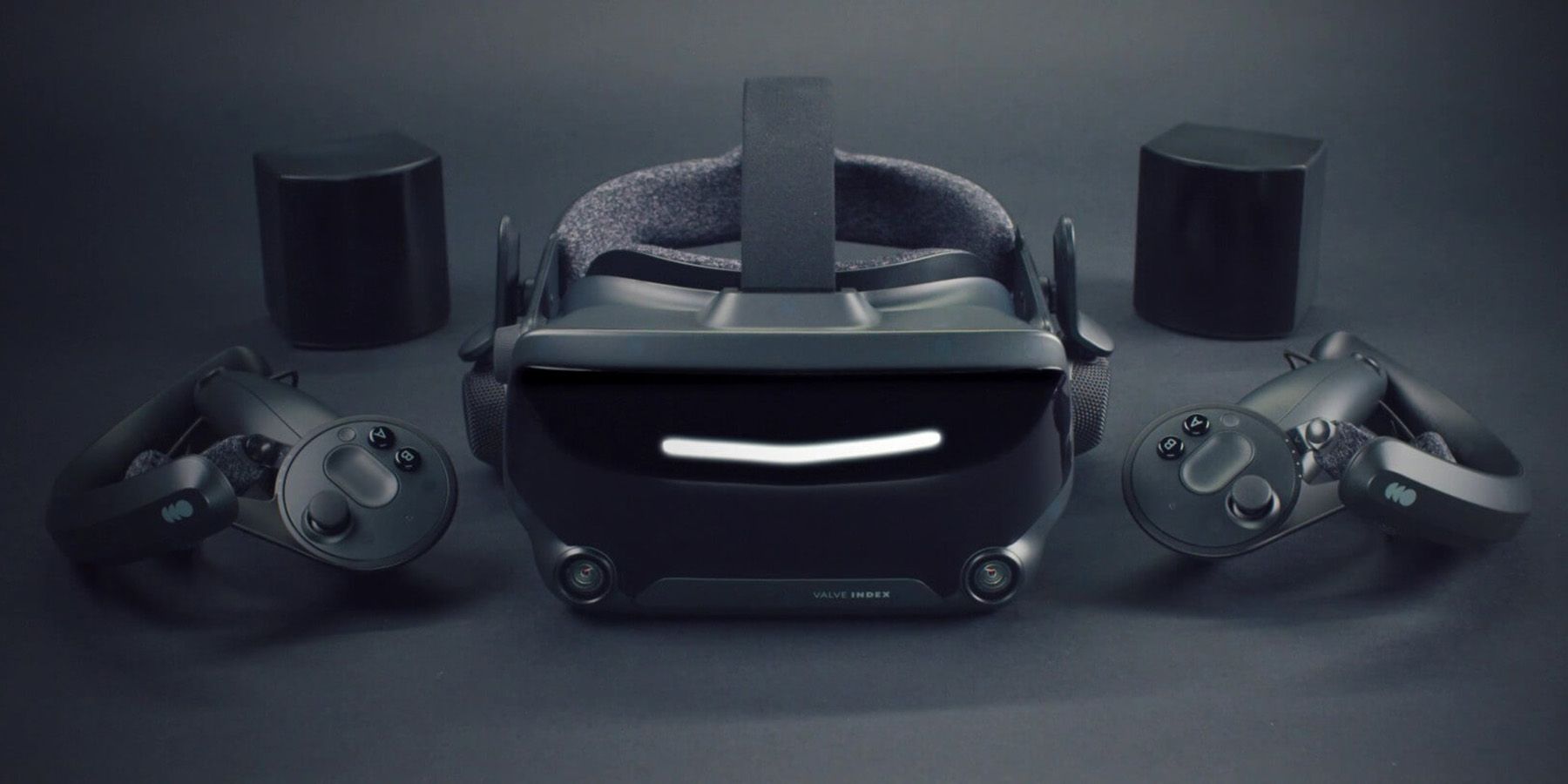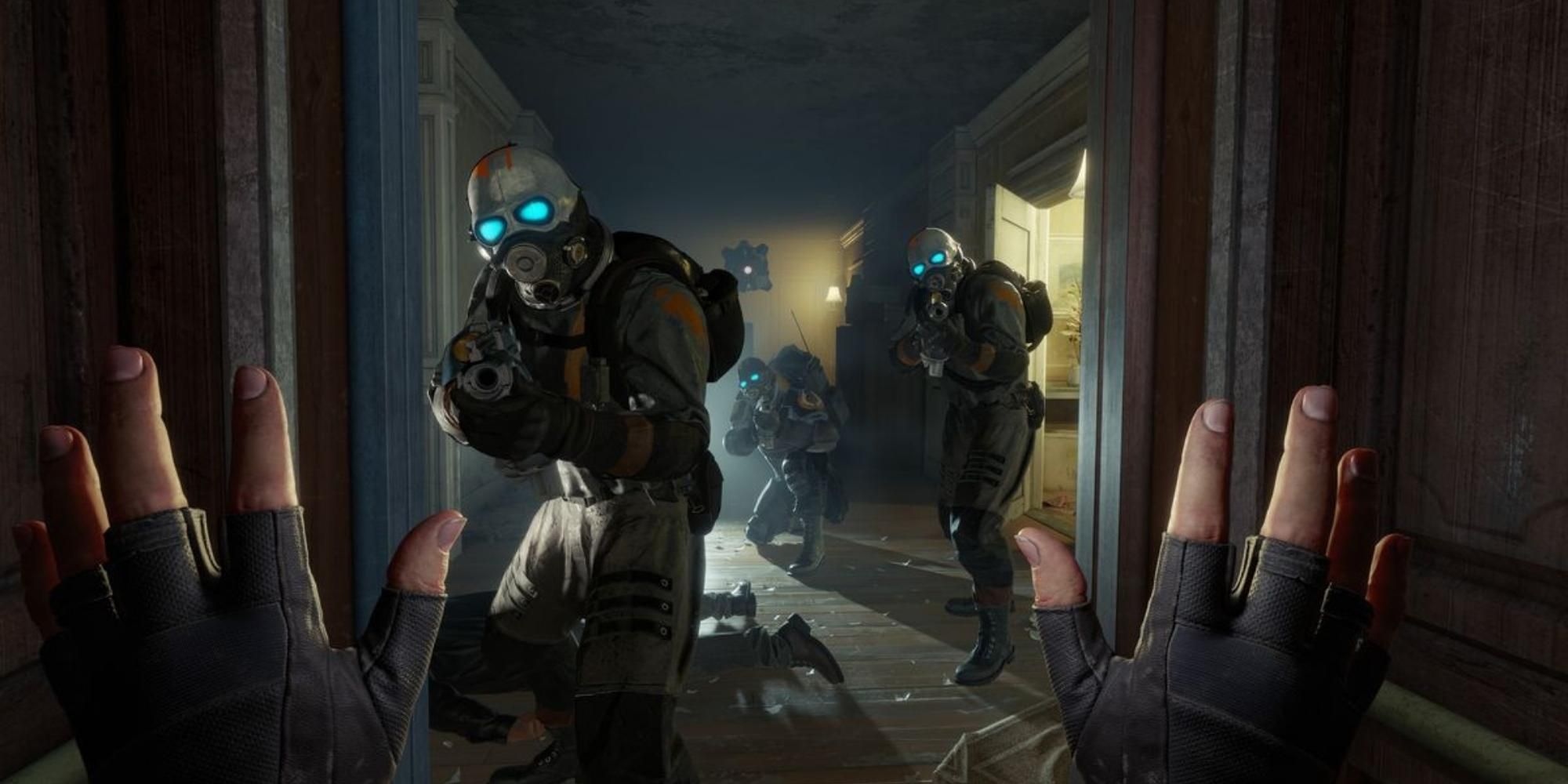A product designer at Valve stated in a recent interview that the company is currently developing a new VR headset. Valve entered the VR marketplace in 2019 with the release of the Valve Index but has since seemingly put its hardware efforts behind the Steam Deck.
Valve is the company most synonymous with modern PC gaming, a reputation it has earned for running the digital storefront Steam and developing landmark PC games like the Half-Life and Portal series. The company has turned more toward hardware developments in recent years with the release of the aforementioned Valve Index and, in 2022, the Steam Deck. The Index faced steep competition from the Oculus and HTC Vive lines of headsets. Despite this, Valve appeared to be quietly continuing its VR efforts, as indicated by last year's filing of a patent for a new Valve VR controller.
While most of Valve's recent work in hardware has revolved around the Steam Deck, an interview that product designer Greg Coomer did with Korean website This Is Game shows that its VR efforts are far from over. In the interview, Coomer states that Valve has been working on a VR headset but is not able to comment on any specifics. Regardless, he affirmed VR as an avenue that Valve will continue pursuing. This could imply that the rumors of Half-Life: Alyx coming to PS VR2 could be true or that other Valve VR games are in development.
With the recent hardware revisions spotted by new Steam Deck owners, it appears that Valve is pursuing its hardware developments even further. However, the Steam Deck's success is partly thanks to its launching at a comparatively lower price point compared to other handheld PC options. With gamers having to pay $1,000 for the full Valve Index kit, it faces strong competition from other headsets that are available at lower prices.
With the release of the Steam Deck, Valve seems to have learned that by offering a more affordable, user-friendly experience with its products, it can fulfill a niche previously left unchecked. This has in turn inspired the development of Steam Deck competitors like the Asus ROG Ally. Valve is in a good position to take what it has learned from the success of the Steam Deck and apply it to its VR endeavors in both hardware and software. With the Valve Index being close to four years old, a follow-up to the headset can find major success if done right.
Source: This Is Game (via UploadVR)


